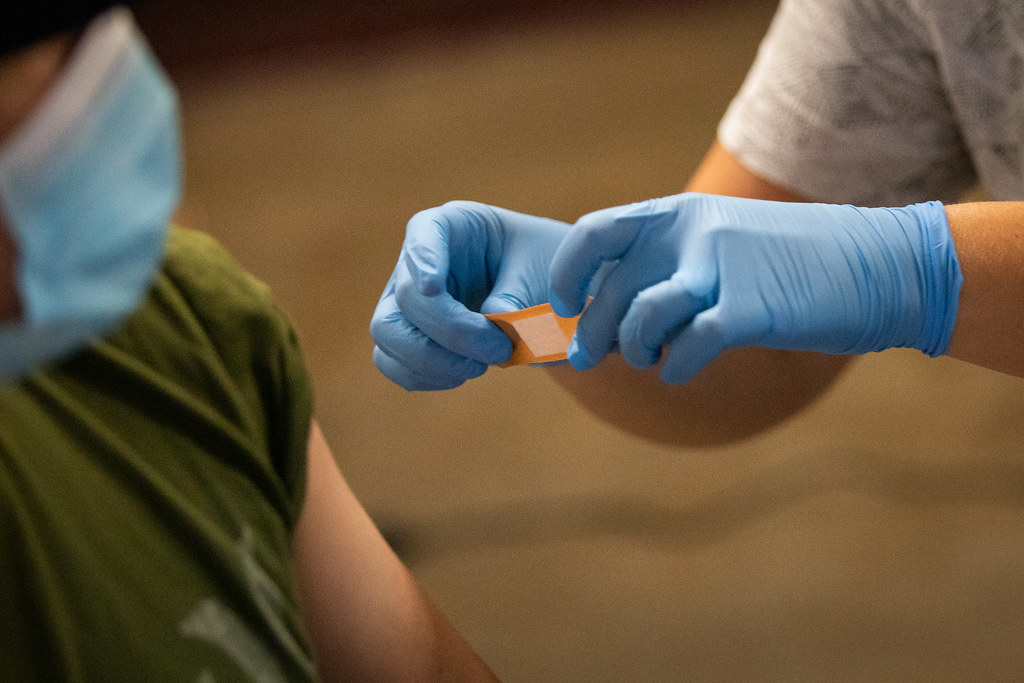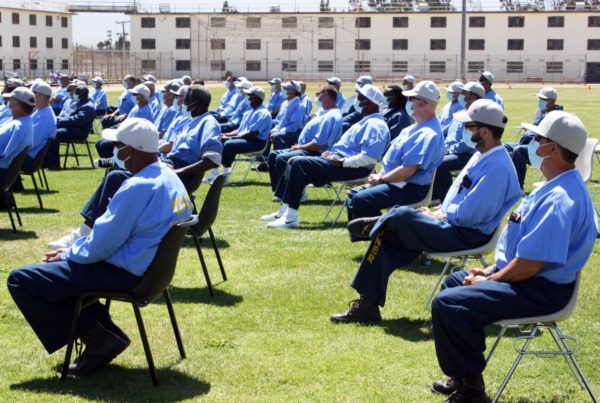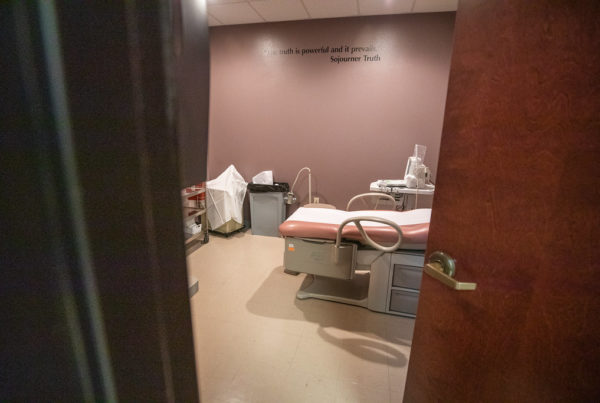Texas is one of several Republican-led states leading a legal battle against federal COVID-19 vaccine mandates put in place by the Biden administration. The fight is now set to be taken up by the U.S. Supreme Court.
Some of these requirements, which were supposed to go into effect nationally on Tuesday, remain in limbo in states like Texas.
Rocky Rhodes is a professor of state and federal constitutional law at South Texas College of Law in Houston. He told Texas Standard the cases involve mandates in hospitals accepting Medicaid and Medicare, and at private employers.
Listen to the interview above or read the transcript below.
This transcript has been edited lightly for clarity:
Texas Standard: The Supreme Court is set to take up a couple of vaccine mandates the Biden administration is trying to implement. One has to do with Medicare and Medicaid and hospitals. Is that your understanding?
Rocky Rhodes: Right. One of them is requiring that all facilities that are in the Medicare and Medicaid program – in other words, in facilities that accept Medicare or Medicaid – the staff members have to either have COVID vaccinations or they need to have an exemption, either for religious reasons or for health reasons.
And then there is another Biden administration mandate that has to do with employers who have more than 100 employees. What’s the backstory there?
Those employers are going to either need to require vaccines for their employees, or they need to establish a regular testing program. The idea from the Biden administration is that in both situations, they’re trying to encourage vaccinations, reduce vaccine hesitancy and limit the spread of COVID-19 and its variants by requiring these vaccinations or these alternative measures to try to ensure public health during the continued pandemic
Some of these requirements were supposed to go into effect Tuesday. And in places like Texas, at least for the time being, they’ve been stayed. Am I correct?
Yes, exactly right. And it’s actually very confusing, split in the courts right now, which is why the case is going to have to be decided by the Supreme Court. Because with respect to the, for instance, the Medicare, Medicaid, it’s stayed in 25 states while it’s going forward in 25 states. So this is definitely a situation where you need the Supreme Court to come in and make one conclusion for the nation about whether or not these regulations are going to go into effect or not.
Will the court be deciding ultimately on the legality of the Biden administration’s mandates? Or is this just a temporary move that will have to go back to lower courts to decide?
It’s the latter. So the decision for the Supreme Court is just whether or not these measures can go into effect in the interim while these cases play themselves out in the lower courts. But on the other hand, the reality is the Supreme Court’s decision is going to predominantly resolve the question if it ends up deciding that all of these are stayed while these cases play out.
By the time these regulations would go into effect through all this process, we’re hoping that that the pandemic is an epidemic rather than a pandemic, and maybe these won’t even be necessary anymore. So even though this is on preliminary motions about whether to stay these regulations from going into effect in the interim, it’s going to have significant consequences on whether these regulations are going to be effective or not
In the meantime, what happens tomorrow with the mandates?
In some states, they can go into effect, although the Biden administration has delayed some of the implementations. And then in other states, they’re not in effect. And so we’re going to have to wait and see how fast the Supreme Court can get us a decision to try to resolve the legal uncertainty about the enforceability of these mandates in the interim.














